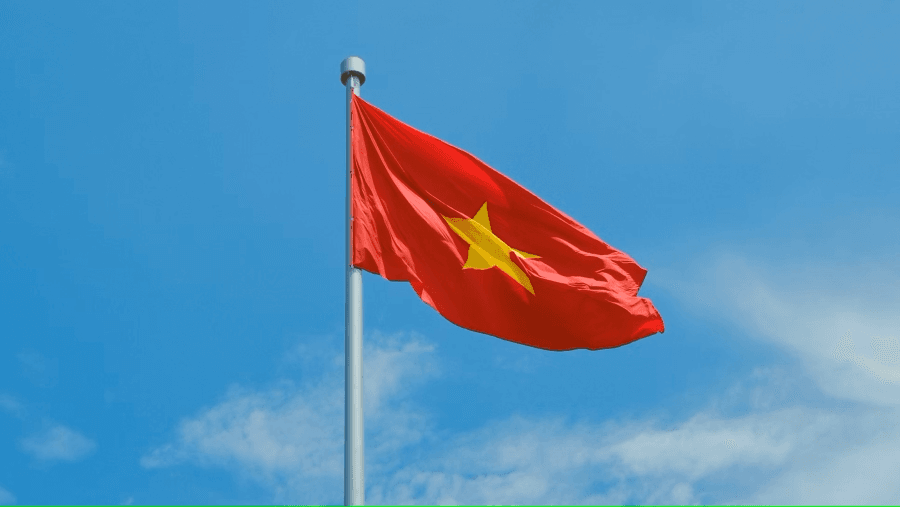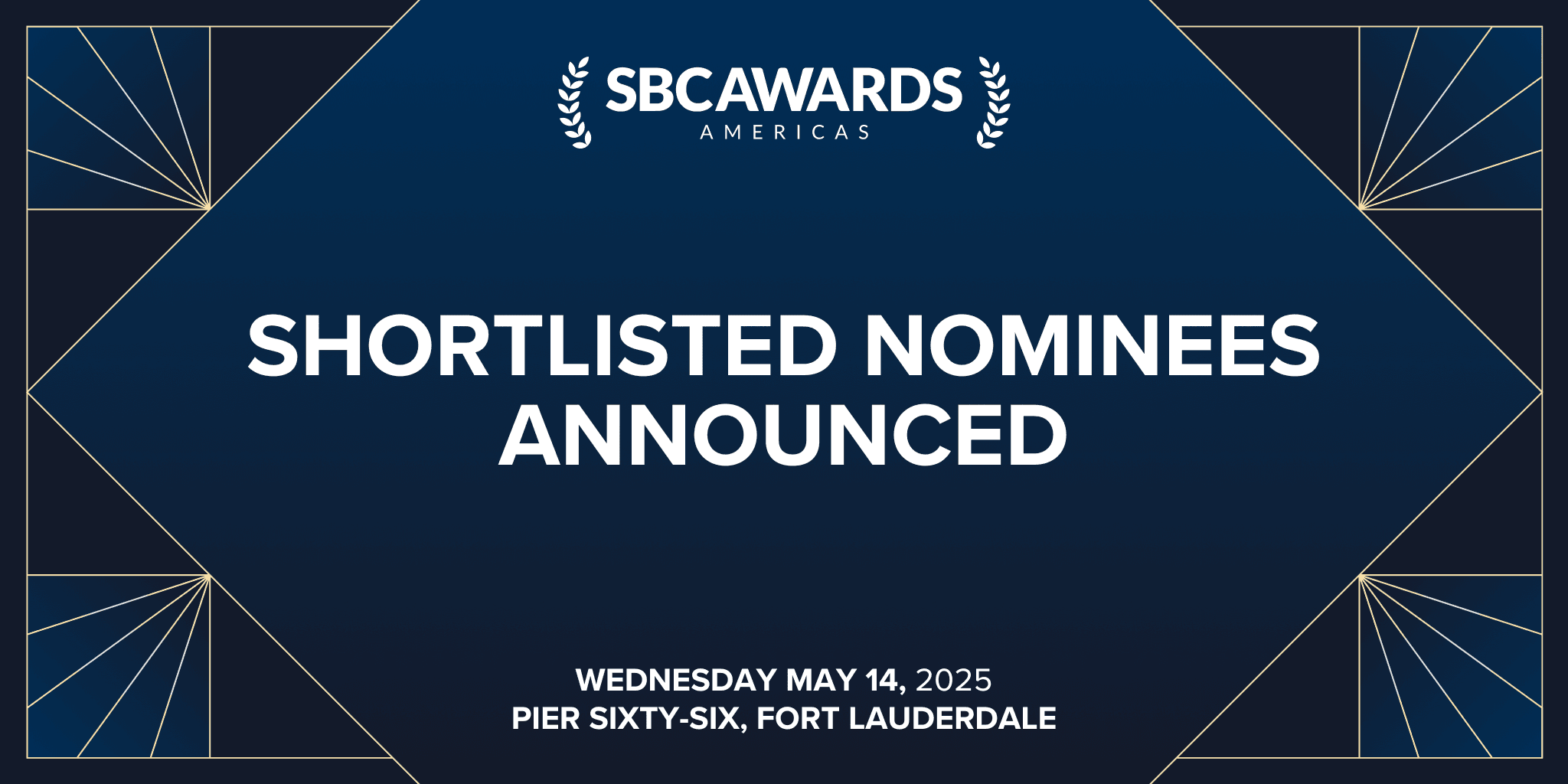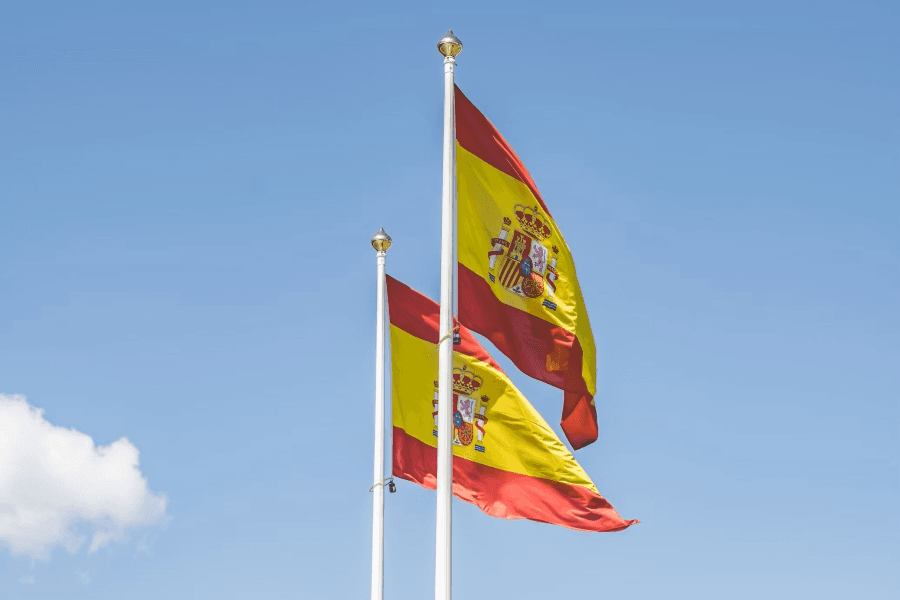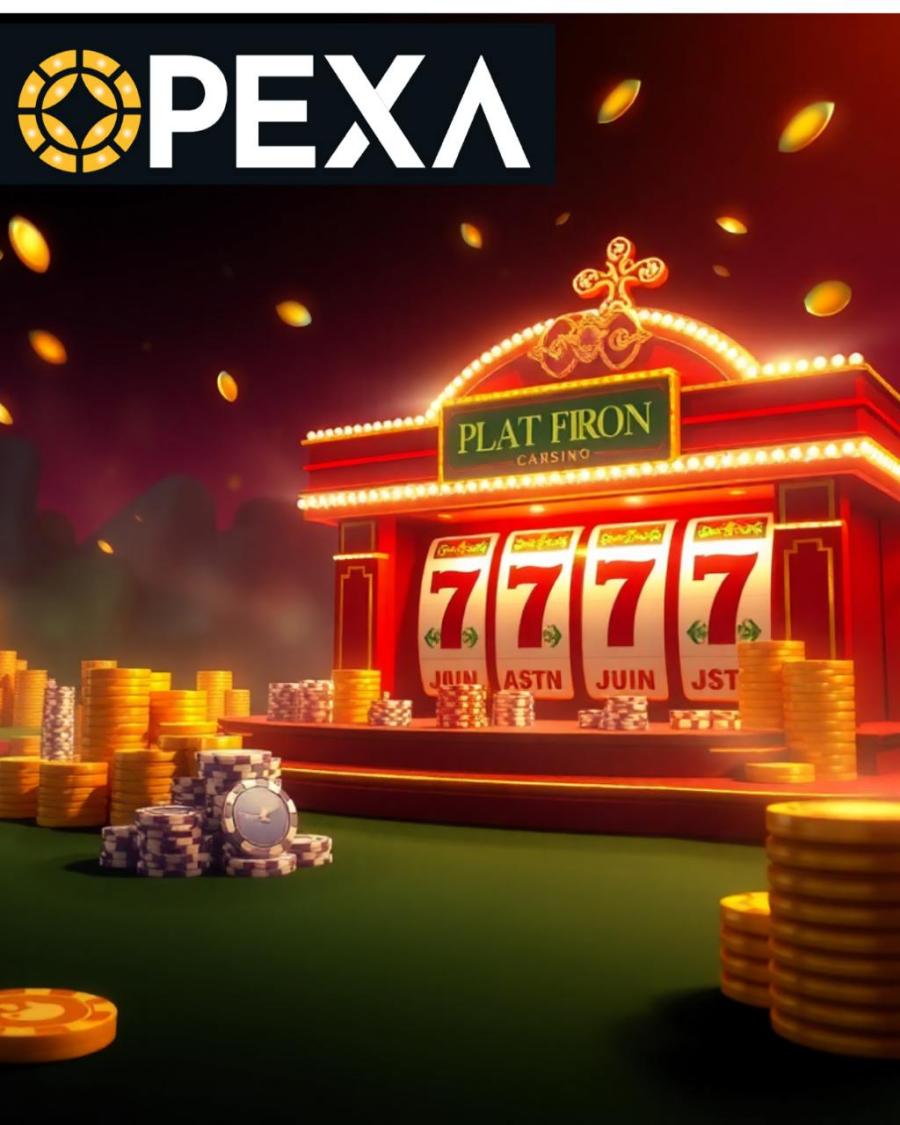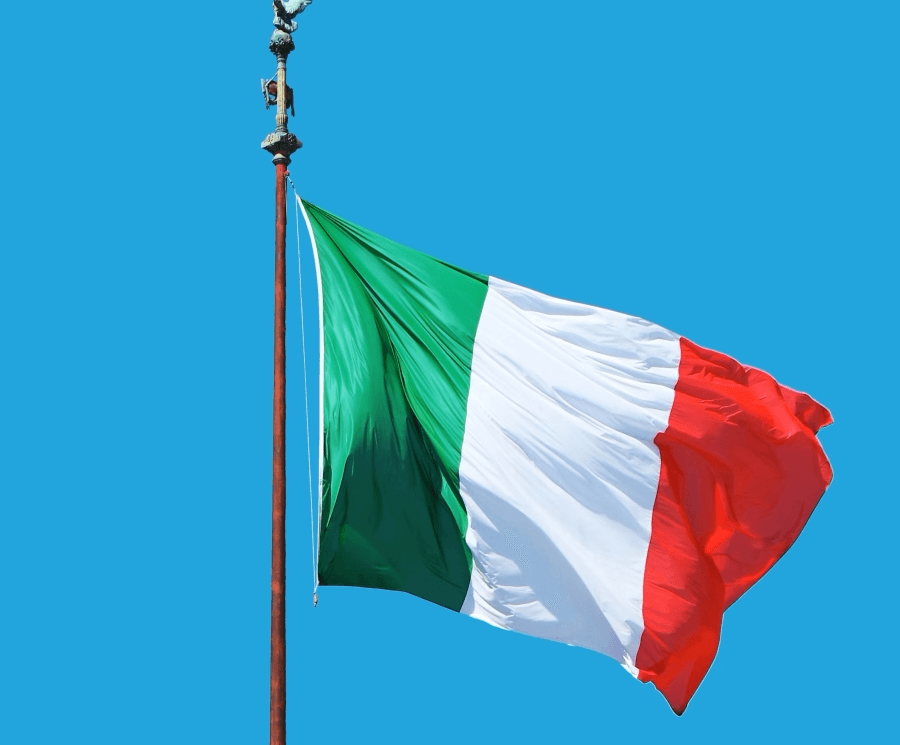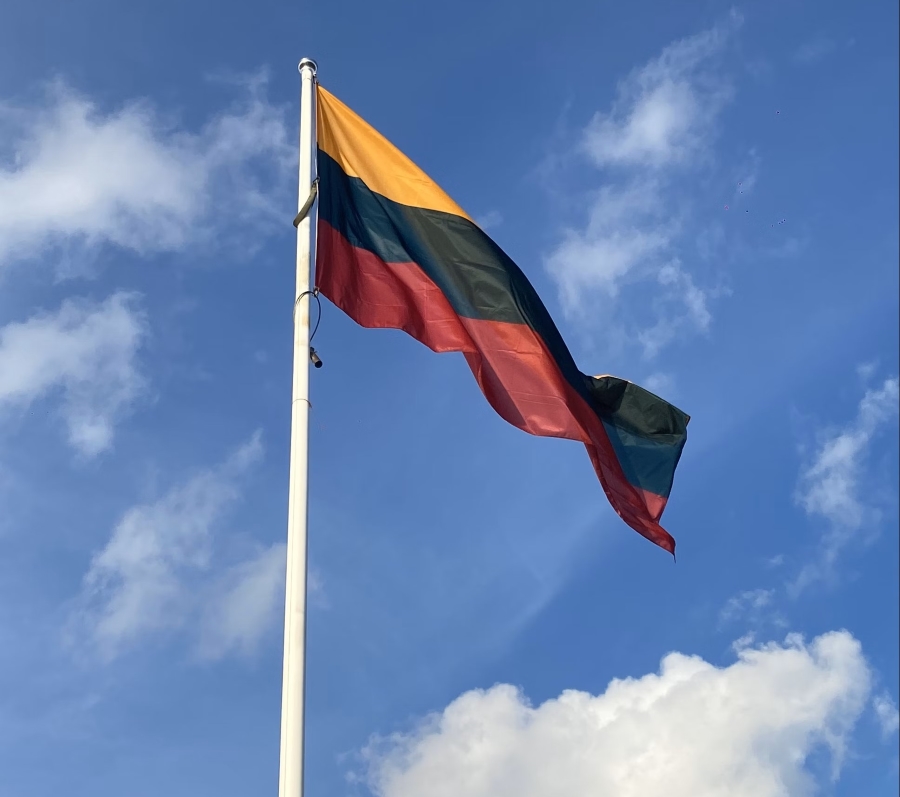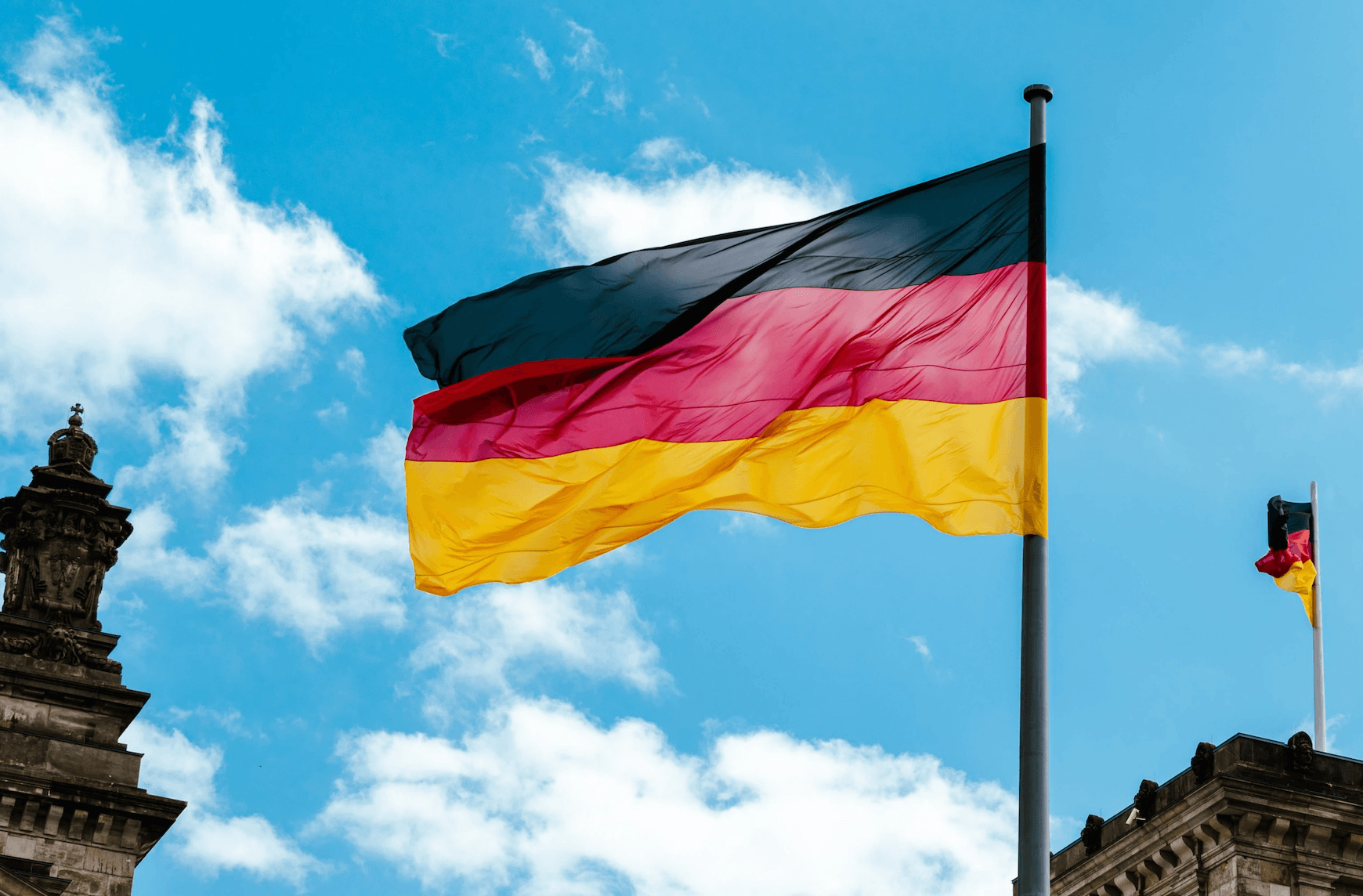Brazil’s enduring passion for sports, risk, and reward has entered a newera. As of January 1, 2025, the country’s long-awaited iGaming regulatory framework has come into force—transforming a fragmented, semi-regulated environment into one of the world’s most compelling and structured gambling markets.
With its vast population, high mobile penetration, and fervent enthusiasm for football and online gambling, Brazil has captured the full attention of global gaming operators. However, navigating this market is no easy feat. From demanding licensing requirements to robust data and security compliance, Brazil’s regulatory landscape sets a high bar—prioritizing transparency, accountability, and localized expertise.
The latest SOFTSWISS report on Brazil’s iGaming ecosystem outlines a comprehensive market map, covering licensing protocols, regulatory obligations, player behavior, and key operational risks. With monthly betting volumes already exceeding USD 3.5 billion, the market offers significant upside—but only for those who adhere to the rules.
Licensing: Rigorous, Expensive, and Essential
At the core of Brazil’s regulatory structure are two key legislative pillars: Law No. 13.756/2018, which introduced fixed-odds betting, and Law No. 14.790/2023, which expanded oversight to include online casinos and virtual sports.
The Secretariat of Prizes and Bets (SPA/MF) now oversees market operations and mandates operator licensing at a cost of BRL 30 million (approx. USD 5.18 million) for a five-year, non-transferable permit. Each license may support up to three individual iGaming brands, and operators must maintain a reserve fund of at least BRL 5 million (USD 863,000) to guarantee financial stability.
Eligibility requirements are equally strict. Operators must either establish a local presence, engage in joint ventures, or ensure a minimum of 20% Brazilian ownership. Market entry is also open to foreign firms via mergers and acquisitions. Additionally, the Brazilian Senate’s CPI on match-fixing concluded in March 2024, recommending criminal charges and enhanced oversight in domestic football.
Taxation, Transparency, and Penalties
Operators face a 12% tax on gross gaming revenue, with proceeds directed to public services such as education and healthcare. On the consumer side, individual players are taxed 15% on net winnings exceeding BRL 2,112 (USD 364).
Regulatory violations are met with severe consequences. Penalties can reach up to BRL 2 billion (USD 345 million), including license revocation and permanent exclusion from future licensing rounds. Brazil’s regulatory muscle was flexed in late 2024 with the shutdown of over 2,000 illegal gambling sites—underscoring the government’s commitment to enforcement.
Cybersecurity: A Non-Negotiable Standard
With over 240 ransomware attacks recorded in 2024—and a 146% surge in threats targeting the iGaming sector—Brazil’s regulatory stance places heavy emphasis on cybersecurity.
Operators are required to use the ".bet.br" domain, store data locally or comply with stringent international standards, and implement advanced security measures including multi-factor authentication, penetration testing, and firewall defenses. These standards extend to third-party service providers, reinforcing end-to-end data integrity.
Localization: A Legal and Strategic Imperative
In Brazil, localization is not just smart—it’s mandated. Platforms must deliver content in Brazilian Portuguese (not European Portuguese), and offer 24/7 support via electronic and phone channels. More than a legal requirement, this cultural alignment is essential for gaining consumer trust in a market where gambling still faces social stigma.
As the regulatory ecosystem matures, international engagement is growing. H.E. John Aquilina, Malta’s Ambassador to Brazil, has lauded the reforms and their positive reception. The upcoming BiS SiGMA Americas 2025 event, set for April 7–10 in São Paulo, is expected to further cement Brazil’s place on the global iGaming calendar.
Mobile-First, Performance-Driven
Brazil’s mobile internet landscape is one of the most mature in the world, with 97% smartphone adoption and 91% urban residency. For iGaming, this translates into a clear “mobile-first” mandate. Players prefer apps for their perceived security and smoother user experience.
PIX—the country’s instant, fee-free payment system—has become the dominant payment method, now universally accepted across major platforms. Other popular options include credit/debit cards, Boleto for the unbanked, and digital wallets like Pay4Fun. Despite a relatively high crypto adoption rate (~17.5%), the government has banned the use of cryptocurrencies for gambling payments.
All gambling-related transactions must now go through institutions authorized by Brazil’s Central Bank. Payments using cash, crypto, third-party accounts, or offshore platforms are strictly prohibited—a challenge for underprepared operators.
Understanding the Brazilian Player
By 2029, Brazil’s online casino market is expected to generate USD 3.7 billion in annual revenue and attract 2.25 million new players. The typical user is middle-class, about 39 years old, and spends less than BRL 50 (USD 8.64) per month on gaming.
Roulette (78%), blackjack (66%), slots, and live dealer games dominate casino preferences. Sessions are generally short—under 30 minutes—suggesting a preference for quick entertainment rather than long-form gaming.
On the sportsbook front, more than 74 million Brazilians are active bettors. Football remains dominant, but esports, volleyball, and other sports are steadily gaining ground. The biggest driver? Not high payouts or flashy features, but rewards (59%), followed by improved sports-viewing engagement (19%).
Cross-Platform Play is the Norm
Brazilian users don’t stick to a single category. Most interact with at least four different types of games, often switching between sports betting and casino play on the same platform. Hybrid formats—like real-time football wagers paired with instant-win casino mechanics—are growing in popularity.
However, in a major policy shift, Brazil’s consumer authority SENACON banned all promotional bonuses and incentives in late 2024. Flashy welcome offers, influencer tie-ins, and loyalty perks are now off-limits. The marketing narrative must shift toward responsible engagement and consumer protection.
A Promising Yet Demanding Frontier
Brazil’s iGaming market may be red-hot, but it’s far from a free-for-all. Regulatory fragmentation between federal and state authorities, proposed “sin taxes,” and public unease could pose headwinds. A 2024 survey revealed that 65% of Brazilians support tighter restrictions—or outright bans—on gambling.
Factor in steep licensing costs, tight financial controls, and deep-rooted cultural skepticism around “Jogos de azar” (games of chance), and it becomes clear this is a high-risk, high-reward landscape.
Still, for companies armed with experience, resilience, and local insight, the Brazilian market offers enormous potential.
As the SOFTSWISS report concludes: success in Brazil will belong to those who prioritize local partnerships, technical excellence, and player-first innovation.



 2025-04-30
2025-04-30


